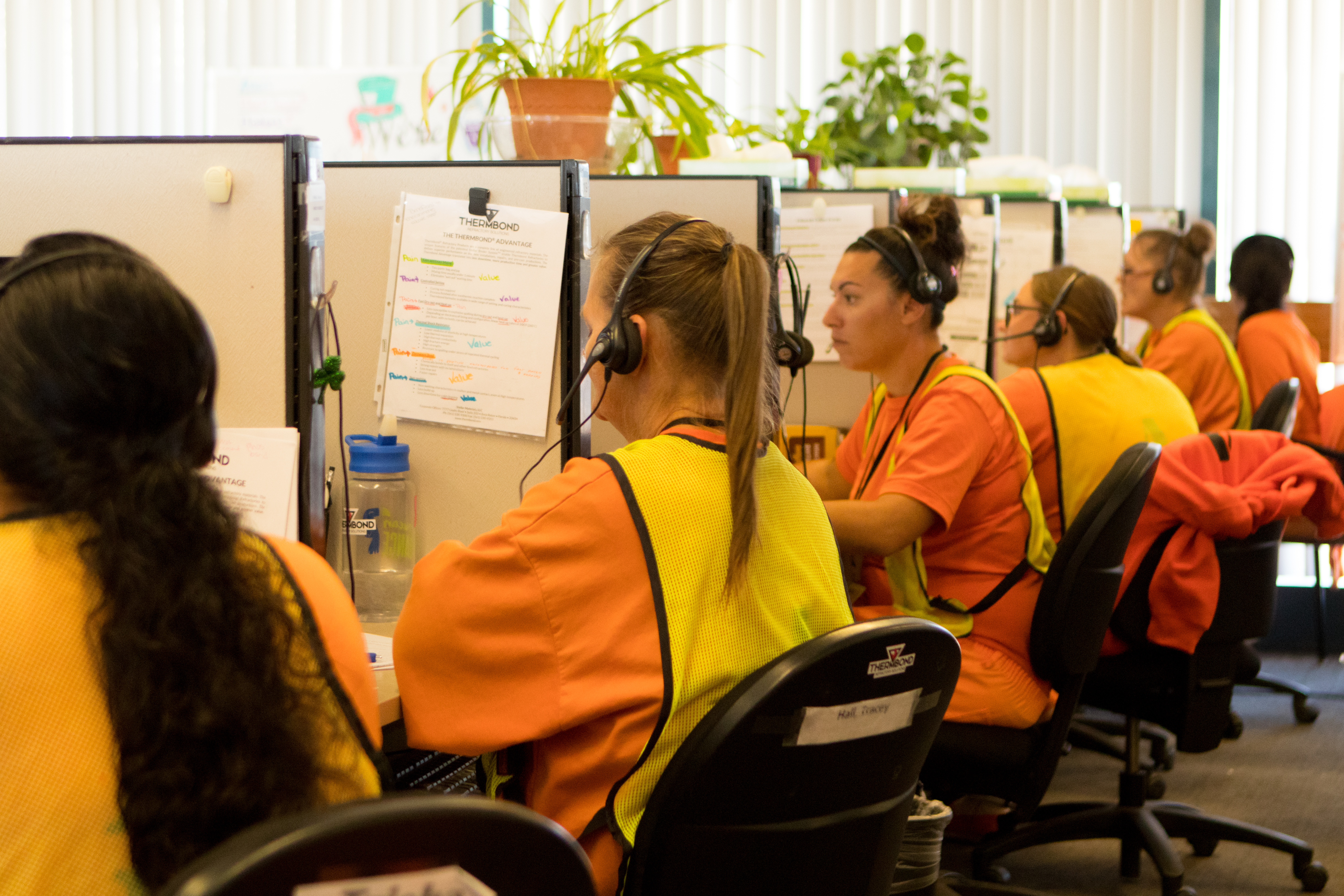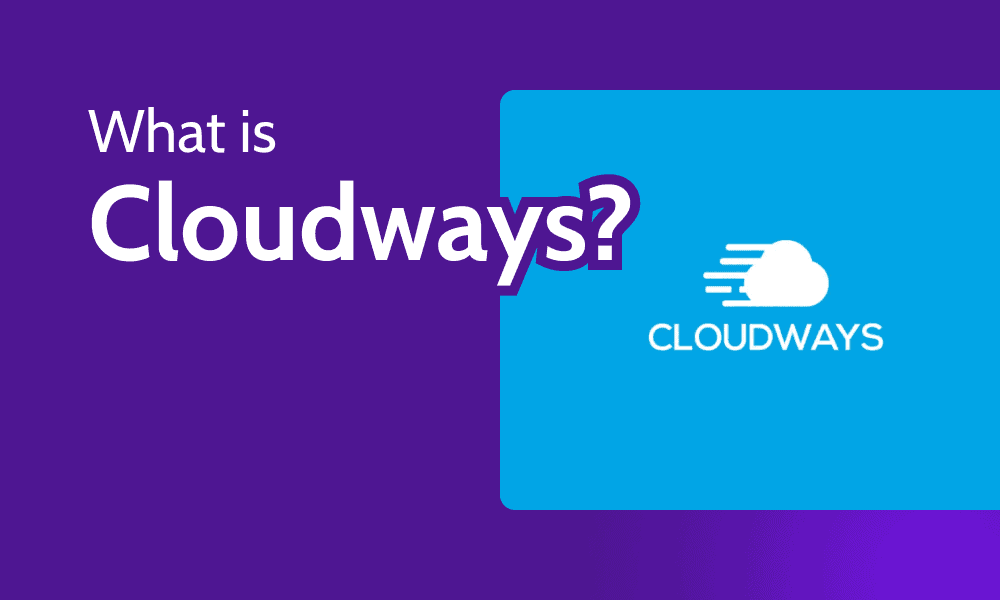Turnover rates in the average contact center run between 30% and 45% annually due to the stressful work environment, low pay, limited opportunities for advancement, and the repetitive nature of the work.
That makes Televerde LLC’s value proposition unique. Its employees can’t leave until the criminal justice system lets them.
For more than 30 years, the Phoenix-based sales and marketing firm has relied primarily on prison labor to staff its call center services. About 60% of its more than 600 people are incarcerated. Seven of the company’s 10 engagement centers are staffed by female inmates.
While most prison programs focus on low-cost manual labor, Televerde pays wages that are comparable to what employees could earn outside prison walls. The company recently expanded beyond its Arizona routes to open prison-based contact centers in Indiana and Florida.
It also launched the nonprofit Televerde Foundation in 2020 to support currently and formerly incarcerated women with personal and professional development. Headed by Michelle Cirocco, a former inmate, the foundation offers reentry programs focused on financial literacy, family reunification and personal development, even for people who never worked for Televerde.
The program’s effectiveness is evident in the numbers. Among 4,000 current and former employees, the recidivism rate is just 5.4%, compared with 63% for the released female prisoners overall in the U.S. Of the 455 Foundation graduates who have been released from prison in the last four years, none have returned.
High bar
Becoming a Televerde employee isn’t easy. “We get 100 applicants for 10 or 15 openings,” said Televerde Chief Executive Vince Barsolo. Applicants must be infraction-free for six months and have at least four years remaining on their sentence. New hires receive 80 hours of classroom training and 40 hours of on-the-job support.
The reward is a good-paying job and the promise of employment after release. The Televerde Foundation reported a 94% employment rate for graduates of its program, with many joining the companies they serviced while behind bars.
Barsolo said incarcerated employees come up to speed faster than those on the outside. “These folks are doing the job because they want to change their life,” he said. “They also don’t have a cell phone or outside distractions, so they tend to grasp concepts quicker.”
The for-profit company’s clients have included Cisco Systems Inc., SAP SA, Adobe Systems Inc. and Salesforce Inc., with the longest engagement having lasted 15 years. Barsolo said client companies benefit from high consistency in contact center operations, since most employees stay with the program for at least four years.
Women only
Televerde exclusively hires women, in part because fewer programs are available to incarcerated women overall, and in part because clients are less intimidated by the all-female environment. However, the foundation is considering expanding its services to include men, said Kellie Walenciak, Televerde’s head of communications.
The company’s apparent success begs the question of why there aren’t more programs like it. Barsolo said the barriers are both logistical and psychological. Many state prison systems won’t work with outside vendors as a matter of policy. “Getting started is tough because we’re a guest in their home,” he said.
Building a call center infrastructure inside a prison also carries additional overhead. Security protocols limit employees’ telephone access to a list of approved numbers, and all emails are screened for business relevance.
Selling prospective clients on the idea of aligning their brand with prison labor can be a challenge, Barsolo said. Visiting a Televerde contact center – a practice the company encourages – may involve a screening process and vehicle search. “That can rattle some people,” he said.
Battling stereotypes
Despite the complications, the company is committed to pushing ahead with its business model. It’s now working with corrections departments to introduce artificial intelligence literacy and training in the new roles AI will create. Barsolo said the company is motivated, in part, by its determination to counter common misconceptions about prison labor.
Most women land in prison because of “a series of bad decisions,” he said. “Often their home life isn’t great or they’re not challenged intellectually in school, so they start looking for a means of escape or get hooked up with a guy that pulls them down.”
The other common misconception is that prisoners aren’t smart, he said. “If you sit down and talk to these women, you’d be blown away by the knowledge they have about business,” he said.
Jessica B., a Televerde project coordinator at the Madison, Indiana Correctional Facility, said the program lays the foundation for success on the outside. “Being surrounded by an organization and people that support you and really want you to succeed when you get out gives us the confidence to continue to grow and build on that day after day,” she said in a video interview.
Photo: Televerde
Support our mission to keep content open and free by engaging with theCUBE community. Join theCUBE’s Alumni Trust Network, where technology leaders connect, share intelligence and create opportunities.
- 15M+ viewers of theCUBE videos, powering conversations across AI, cloud, cybersecurity and more
- 11.4k+ theCUBE alumni — Connect with more than 11,400 tech and business leaders shaping the future through a unique trusted-based network.
About News Media
Founded by tech visionaries John Furrier and Dave Vellante, News Media has built a dynamic ecosystem of industry-leading digital media brands that reach 15+ million elite tech professionals. Our new proprietary theCUBE AI Video Cloud is breaking ground in audience interaction, leveraging theCUBEai.com neural network to help technology companies make data-driven decisions and stay at the forefront of industry conversations.










